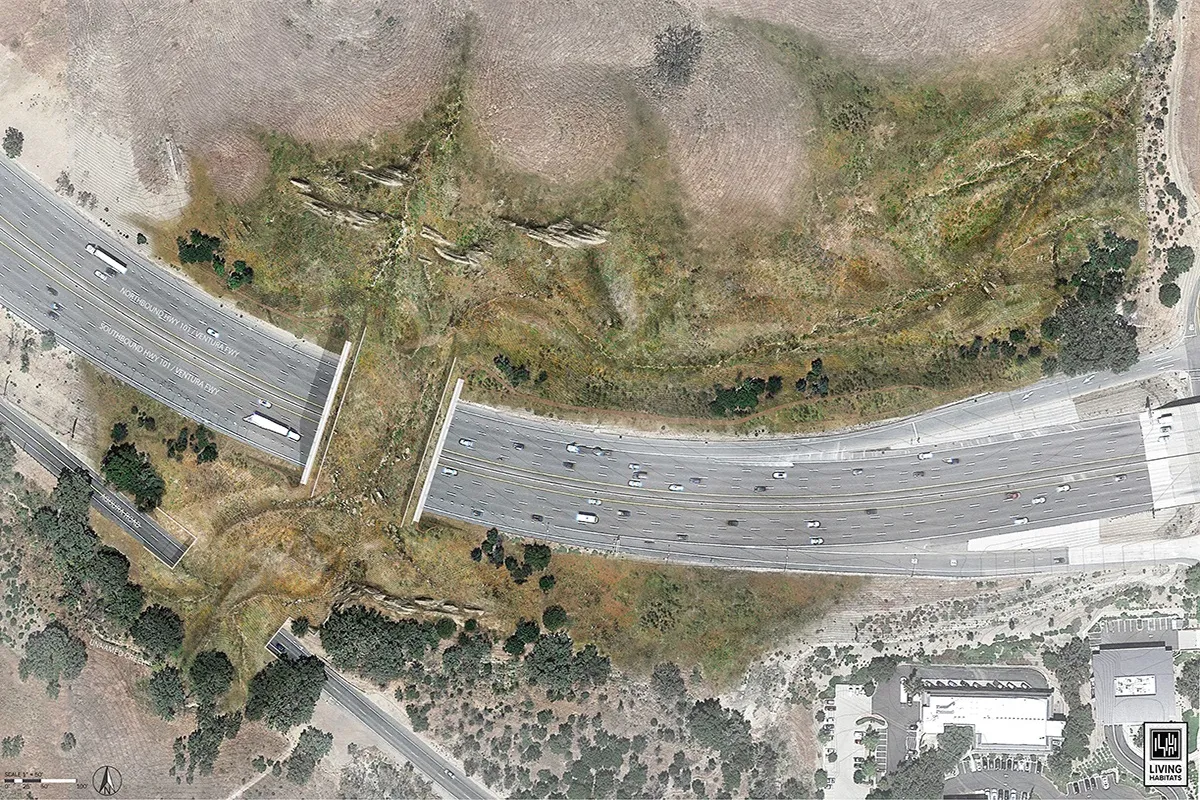Rhode Island government (RIDOT) has introduced its RhodeWorks plan, designed to address the state's crumbling transportation infrastructure.
Rhode Island ranks 50th out of 50 states in overall bridge condition and has lost 1,200 in the construction sector over the past three months. RhodeWorks is focused on solving these two problems at once.
RhodeWorks funds will be used to fix more than 150 structurally deficient bridges and make repairs to another 500 bridges to prevent them from becoming deficient, with the aim of reaching 90 percent structural sufficiency of our bridges by 2024.
A US$700 million proposed revenue bond is intended to pay for the work and a user fee for large commercial vehicles will generate the necessary revenue to pay off the bond. The plan explicitly prohibits RIDOT from placing a user fee on cars, motorcycles, SUVs, pick-up trucks and small commercial vehicles.
Beyond bridges, RhodeWorks also reflects a new commitment toward providing increased bus and rail service as well as funding for bike lanes and accessible sidewalks. It includes a proposal to construct an express bus lane as part of the 6/10 interchange reconstruction, and it seeks to attract an additional $400 million in federal matching funds for public transit.
Announcing the plan, Governor Gina M. Raimondo said, "While deteriorating roads and bridges is a problem nationwide, Rhode Island ranks last for the overall condition of our bridges," said Raimondo. "The longer we wait to address this problem the more expensive it will become to fix. Our RhodeWorks proposal will not only help keep Rhode Islanders safe, but it will also grow our economy, create jobs, save over US$1 billion in projected future costs, and make the state a more attractive place for businesses to invest."
However, the American Trucking Associations (ATA) has urged rejection of the truck-only toll scheme.
ATA has long opposed tolling of existing interstates as inefficient and unsafe as it is well-known to lead to trucks diverting off larger interstates onto smaller, more congested local highways.
"ATA is very disappointed with Governor Raimondo's proposal to address Rhode Island's infrastructure investment deficit solely on the back of the trucking industry," said ATA president and CEO Bill Graves. "Trucking did not create the state's current infrastructure crisis – that was the result of years of mismanagement and massive diversion of fuel tax and other highway user fee revenue to fund general government expenses – and it is completely unfair that the industry be targeted to fix it."
"If Rhode Island's leaders are serious about fixing their infrastructure funding woes, they should first and foremost, stop diverting much of their highway-related revenues to non-transportation projects," he said. "Like nearly half the states have done previously, the state should enact a law that protects highway related revenues from being used for non-highway or transportation projects. Then they will have an accurate sense of what, if any, funding shortfall really exists before embarking on some enormously expensive, inefficient, easy to evade and discriminatory form of tax scheme."
Rhode Island RhodeWorks plan opposed by ATA
Rhode Island government (RIDOT) has introduced its RhodeWorks plan, designed to address the state's crumbling transportation infrastructure. Rhode Island ranks 50th out of 50 states in overall bridge condition and has lost 1,200 in the construction sector over the past three months. RhodeWorks is focused on solving these two problems at once.
May 29, 2015
Read time: 3 mins










